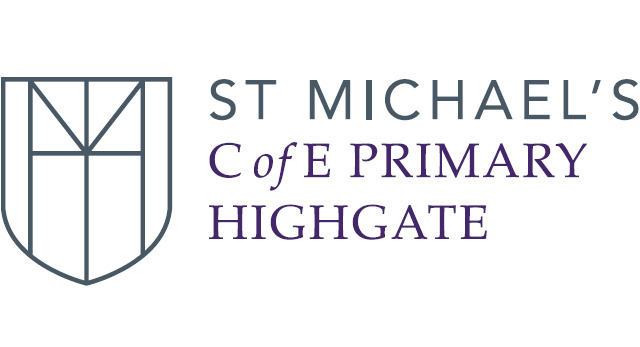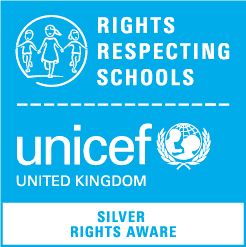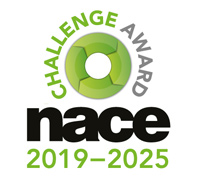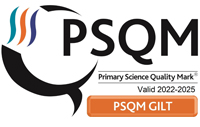Computing
We teach computing across multiple devices and platforms. Through a variety of software and programming, children develop computer skills that prepare them for their future.
The school is equipped with over 100 iPads (multiple class sets) and 180 Chrome Books. Children use these resources daily to enhance their learning in all areas of the curriculum.
Curriculum Overview
The computing curriculum is comprised of three strands; computer science, information technology and digital literacy. Across the whole school the pupils follow the scheme Purple Mash. In KS1 and KS2 the pupils complete the range of units which cover the strands of the computing curriculum.
Early Years examples: Early Learning Goal: Children recognise that a range of technology is used in places such as at home and school. Children have opportunities to use Mini Mash or Purple Mash and explore technology in the classroom.
Key Stage 1 examples: In Year one children use iPads with support logging in and signing out. Year two children begin their digital journey using individual Chromebooks preparing them for KS2 and can access a variety of different computing programmes. Teaching in school also prepares pupils for any online learning from home. KS1 children begin to develop their understanding of an algorithms through practical experiences and Beebots.
Key Stage 2 examples: KS2 children have specialist afternoon computing lessons. Years Three and Four each have their own chrome books which are also used for all areas of the curriculum. Years Five and Six have a class set of iPads. All pupils learn to program using clock codes through Purple Mash. The three levels of code 2 code gibbon, chimp and gorilla introduce different skills such as variation, variables and selection
E-Safety
At the forefront of our teaching of computing is E-safety. Teaching the children to be safe online, whether they are at school or at home is an area that we focus on throughout the year with every year group. Children learn how to use technology safely and respectfully and learn how to always report concerns. KS2 pupils learn how they can stay connected online in a safe and responsible way. Years Five and Six also learn about their digital footprint and what to look out for and spot false information and Spam.
Our staff is CEOP (Child Exploitation & Online Protection) trained, and attend yearly refresher courses. We hold annual E-safety events for parents, and teach E-safety to our pupils in an age-appropriate way.






